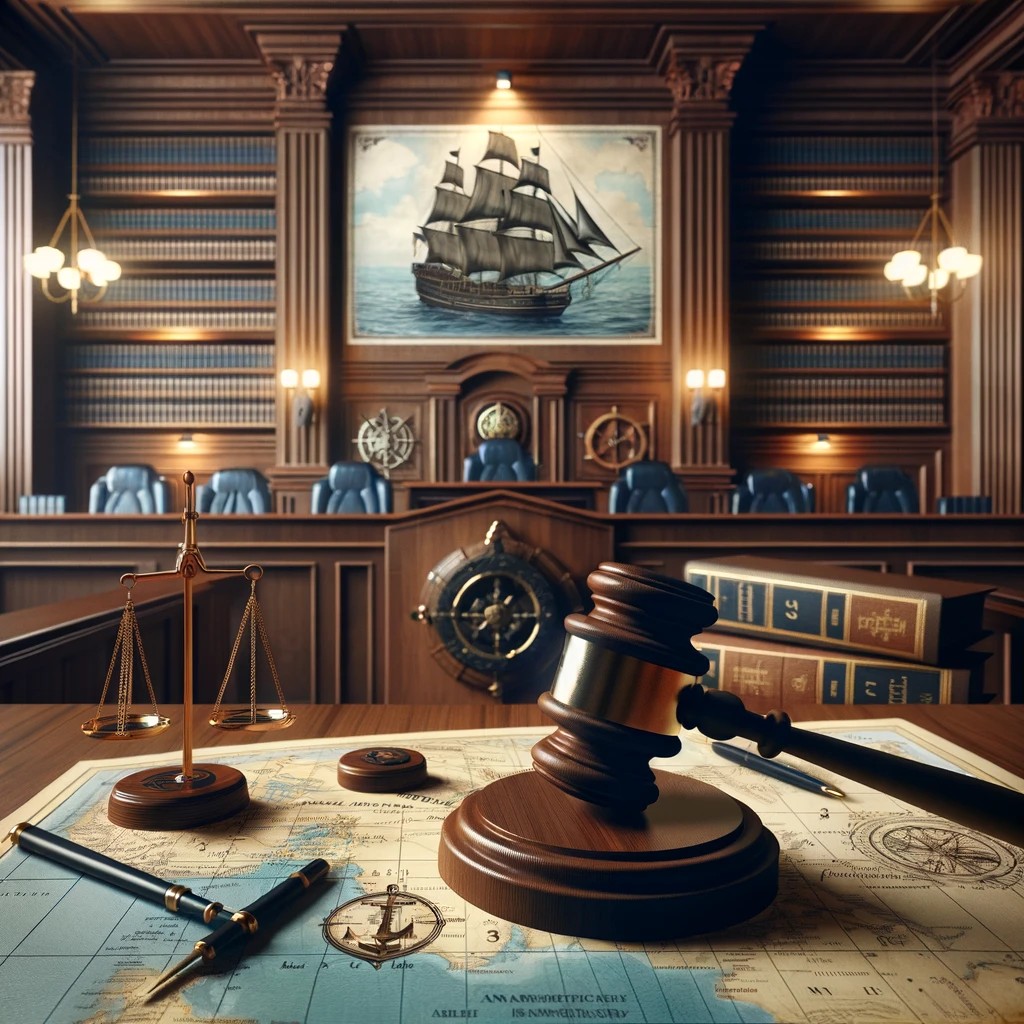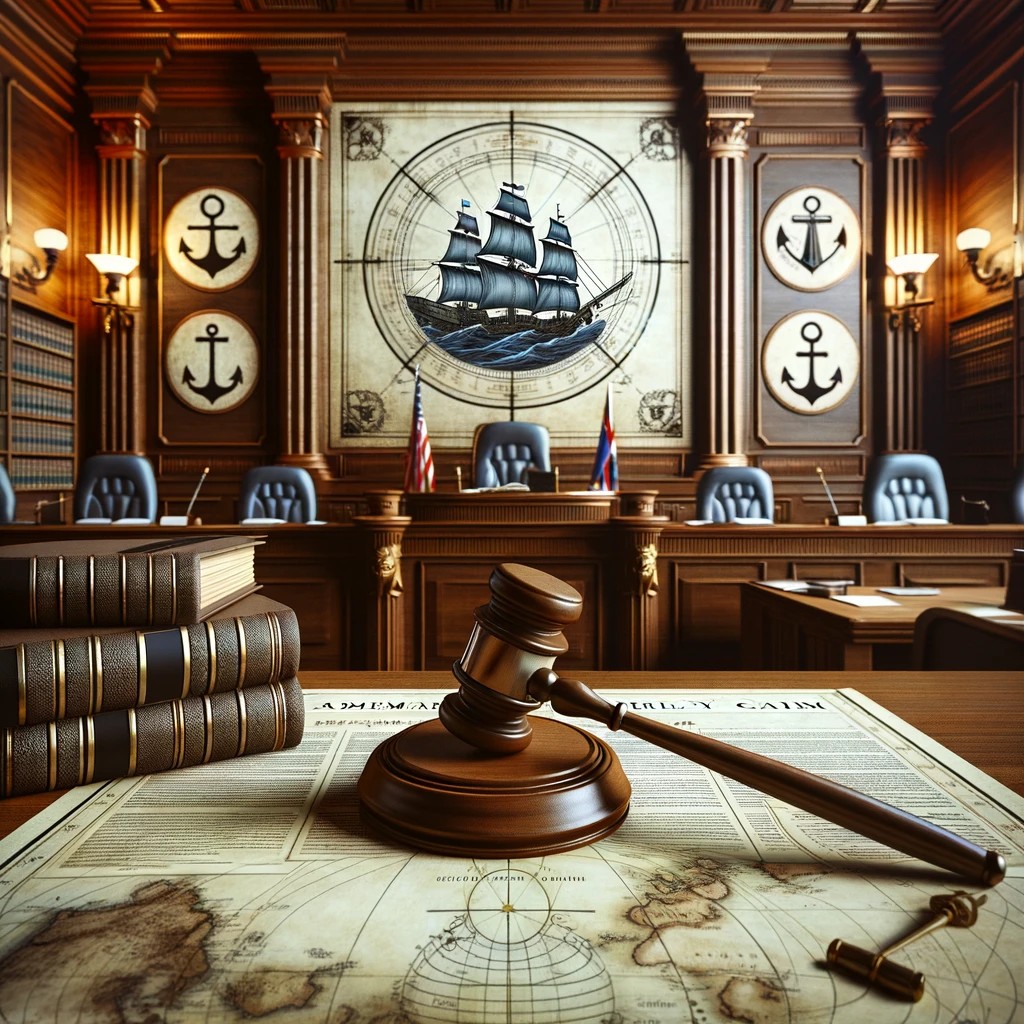If you have been injured at sea or on a vessel, you may be wondering what your legal options are. Admiralty claims and personal injury are two areas of law that deal with maritime accidents and injuries.

We will explain the difference between admiralty claims and personal injury, and what rights and remedies you may have under each one.
Admiralty claims are based on the general maritime law, which is a body of federal law that governs maritime activities and disputes. Admiralty claims can be brought by seamen, passengers, or anyone who has a maritime connection with the vessel or the incident.
Admiralty claims can include claims for maintenance and cure, unseaworthiness, negligence, wrongful death, or cargo damage.

Personal injury claims are based on state law, which may vary depending on where the accident or injury occurred. Personal injury claims can be brought by anyone who has suffered an injury or loss due to the fault of another person or entity.
Personal injury claims can include claims for medical expenses, lost wages, pain and suffering, or punitive damages.
Depending on the circumstances of your case, you may be able to pursue both admiralty claims and personal injury claims, or you may be limited to one or the other.
For example, if you are a seaman who was injured on a vessel due to the negligence of your employer or a co-worker, you may have an admiralty claim for maintenance and cure and unseaworthiness, as well as a personal injury claim for negligence under the Jones Act.
However, if you are a passenger who was injured on a cruise ship due to the negligence of the cruise line or its employees, you may only have an admiralty claim for negligence, as most cruise tickets contain a clause that waives your right to sue in state court.
The rights and remedies available to you in admiralty claims and personal injury claims may also differ in terms of the statute of limitations, the burden of proof, the damages awarded, and the jurisdiction and venue of the court.
Therefore, it is important to consult with an experienced maritime lawyer who can advise you on the best course of action for your case.
